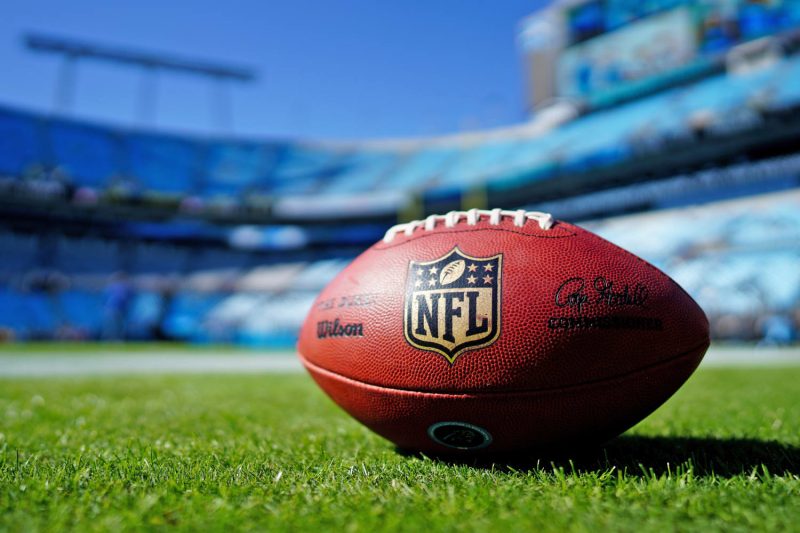The National Football League (NFL) is no stranger to making strategic decisions that can shape the future of the sport. One such decision that has recently garnered significant attention is the approval of private equity investment by NFL owners. This move has the potential to fundamentally shift the financial landscape of the league and has sparked a lively debate among stakeholders.
Private equity investment involves funds provided by high-net-worth individuals or investment firms to acquire equity stakes in companies. In the context of the NFL, this means that private equity firms could potentially purchase a share of the league’s teams, thereby injecting substantial capital into the organizations. While the financial benefits of such investments are clear, there are also broader implications for the league and its fans.
Proponents of private equity investment in the NFL argue that it could lead to increased revenue streams for teams, allowing them to invest in player development, infrastructure, and other critical areas. Additionally, private equity firms often bring expertise in financial management and strategic planning, which could help teams optimize their operations and enhance long-term sustainability.
However, critics have raised concerns about the potential downside of private equity involvement in the NFL. One major worry is that the pursuit of profit by private equity firms could prioritize short-term gains over the long-term interests of the league and its fans. There are fears that a focus on maximizing returns could lead to decisions that prioritize financial success at the expense of the sport’s integrity and competitiveness.
Moreover, the influence of private equity investors on team ownership raises questions about transparency and accountability. Fans may be wary of the motivations behind decisions made by individuals or entities primarily driven by financial gain. The traditional model of team ownership, often with deep-rooted ties to local communities and fans, could be at risk of being overshadowed by profit-driven interests.
Despite these concerns, it is clear that private equity investment in the NFL represents a significant opportunity for the league to secure additional resources and strengthen its competitive position in the global sports market. As the landscape of professional sports continues to evolve, it is essential for the NFL to carefully consider the potential benefits and risks of such partnerships to ensure that the best interests of the league, its teams, and its fans are protected.
In conclusion, the approval of private equity investment by NFL owners marks a pivotal moment in the league’s history. The decision to open the door to external funding sources has the potential to reshape the financial dynamics of the NFL and pave the way for new opportunities and challenges. As the league navigates this new territory, it will be crucial to strike a balance between financial growth and the core values that have made the NFL a beloved institution for fans around the world.




























